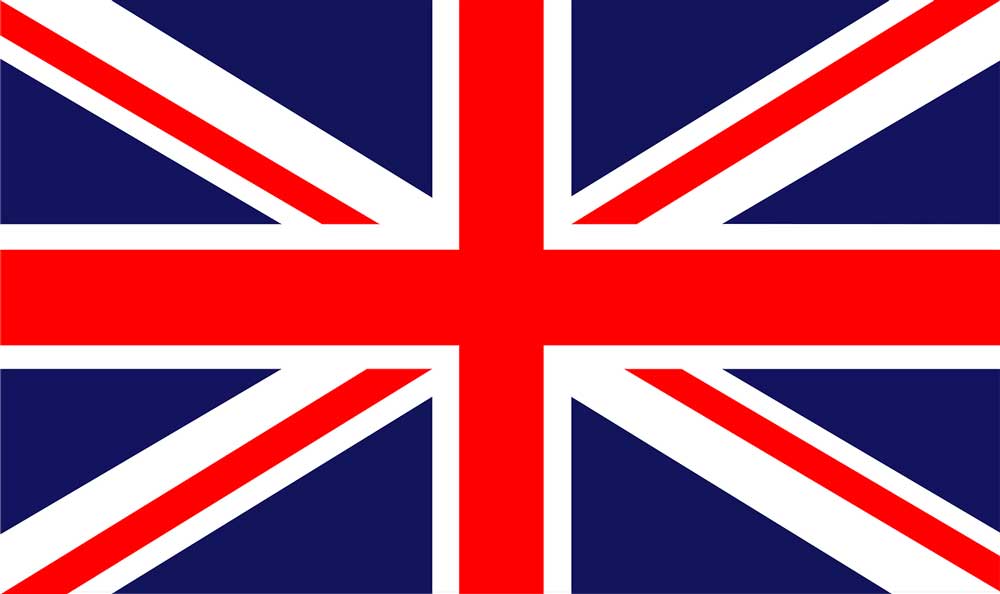"No hard Brexit, but the current Brexit is not that soft either"
Interview by Dr Christian Bickert, DLG Mitteilungen
Since the end of December, it has only been decided that the British will leave the EU in an orderly manner with a trade agreement. However, this does not mean that everything will remain the same.
Mr Banse, what does the new treaty mean for our exports and trade relations?
From January 2021, no customs duties will be levied on trade between the EU and the United Kingdom. But still, foreign trade is subject to many rules, such as customs formalities, registration and control of imports.
In other words, no customs duties are levied. But what is hindering trade now?
Yes, trade does take place 'tariff-free', but the so-called non-tariff measures of control and compliance will still make trade between the British Isles and the EU significantly more expensive. With Brexit, the British are leaving the European single market and this can have a much more serious effect in the long term than the introduction of tariffs on certain goods.
Keywords milk and beef: What does that mean for Ireland - and for us?
In Germany we look back on a very successful development of agricultural trade with Great Britain, which has developed particularly dynamically over the last two decades. Nevertheless, in agricultural trade we are nowhere near as fixated on the United Kingdom as Ireland is. The greatest effects of Brexit are to be expected in Ireland – where they have already been felt in recent years. It could be that the Irish will be able to sell less dairy products and beef in the UK from January onwards. However, we need not fear that as a result the German agricultural markets will be "flooded" with Irish agricultural products no longer finding a market on the neighbouring island.
The EU exports a lot of processed food. What impact would standards and other rules have on this?
For processed foods such as pasta, chocolate or frozen pizzas, despite the duty-free movement of goods, a decline in EU exports is to be expected due to the customs and trade clearance that is now due. In my view, product standards are now of major importance here. This raises the question of how product standards will be handled in future. Up to now, the rule was that a product that was approved in one place in the EU - for example in Prague - could also be sold in London or Glasgow without any further procedure.
And what is changing now?
The mutual recognition of product standards will only apply for a transitional period after Brexit. What will happen with new EU standards is exciting. If the government in London was to adopt future product standards of the EU-27, it would be giving up one of the important demands of the Brexiteers: "We want our freedom back!" In such a situation, the British would have to adopt EU standards without having any influence on the definition and design of these standards. However, the process of recognising product standards is so costly that in particular smaller companies will drop out of trade with partners in continental Europe. This means less trade and decreasing income opportunities in the UK.
Do you have an example from agriculture?
Especially in the agricultural and food sector, we are facing important decisions in the coming years concerning product and process standards. Think, for example, of the question of classifying Crispr/Cas as genetic engineering, or questions of animal welfare.
Politically, the Brexit will also change a lot ...
Yes, with Brexit it is to be expected that major reforms in the EU-27 will be difficult to implement. Britain represented an important partner which always insisted on comprehensive reforms in Brussels. Now it is leaving the stage. With Brexit, the majorities in the Council will also shift in favour of the net recipients with regard to the distribution of votes. Therefore, reforms that would result in declining payments from Brussels for the net recipients will probably have little chance of success.
Does Brexit also serve as a model for the future?
In my view, it does not. I rather suspect the opposite. Because, despite the quarrels over the EU budget by Hungary and Poland, a withdrawal of these countries is not to be expected. Here, the experience with the Brexit so far has probably had more of a deterrent effect than an encouraging effect on possible candidates for withdrawal. And I think this is what Brussels wants.




